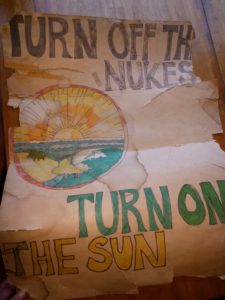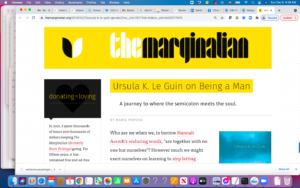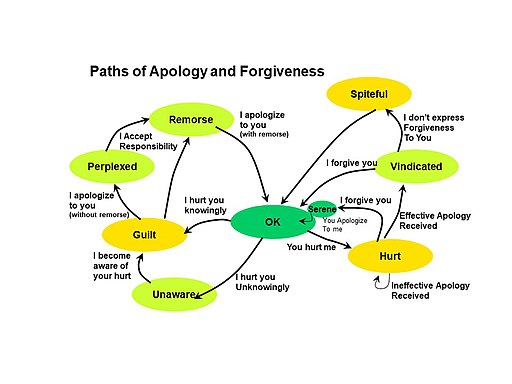50+ Years “Activizing”–and Some Victories to Celebrate
Often in this space, I talk about my work to bring social change and environmental responsibility to the business world. But that comes out of my advocacy for wider social change outside the business community. I’d like to take a moment to reflect a bit more on the activist side.

As a 12-year-old, I went to my first Vietnam War protest on October 15, 1969–a national day of protest called the Moratorium. One of the speakers said it was an undeclared war–and that one sentence changed my whole worldview. The house of cards that I’d learned in school about checks and balances, electoral democracy working for the people, etc. came tumbling down. I started questioning, learning, organizing.
Since then, I’ve been involved in many movements and participated in hundreds of actions, dozens of sustained campaigns. Many were unsuccessful, but I can point to quite a few where the world changed because of a movement I was part of–and a smaller but still significant number (at least 20) where I feel I personally made a difference. The five I’m most proud of are:
1) Founding Save the Mountain, which created a successful movement to protect a threatened mountain in Hampshire County, Massachusetts (where I’ve lived since 1981). We reached out across all sectors of the community, organized on many fronts, and had the mindset that we would win. And win we did–in just 13 months! I always thought we would win–but even I thought it would take five years.
2) Organizing around safe energy for decades, and especially participating in the 1977 Seabrook Occupation that took the safe energy movement national. I’ve written a five-part series on how this action changed the world. Part One is at https://greenandprofitable.com/40-years-ago-today-we-changed-the-world-part-1/ , and each part links to the next one.
3) My current work on immigration justice through a specifically Jewish lens, as part of a tiny but powerful affinity group. We’ve been working for two years and have created enormous awareness of the issue in our area, coalitioned with many other groups on this and related issues such as prison reform and the welcoming of Jews of color into traditionally white Jewish settings, and spent a week on the border witnessing, listening, organizing, and even teaching two writing workshops for some of the residents of the refugee camp: one for children and one for adults.
4) Roughly 15 years doing extensive LGBT liberation work, working in conservative areas like Georgia and Ohio as well as liberal ones like NYC, Providence, Northampton (MA), and Providence–and seeing attitudes change.
5) Defending democracy and retaking two municipal governments from the conservatives (in my current town, we’ll be doing that again this spring; we lost control because we couldn’t field any candidates last year).
It’s been a wild ride–and I wouldn’t have it any other way.





